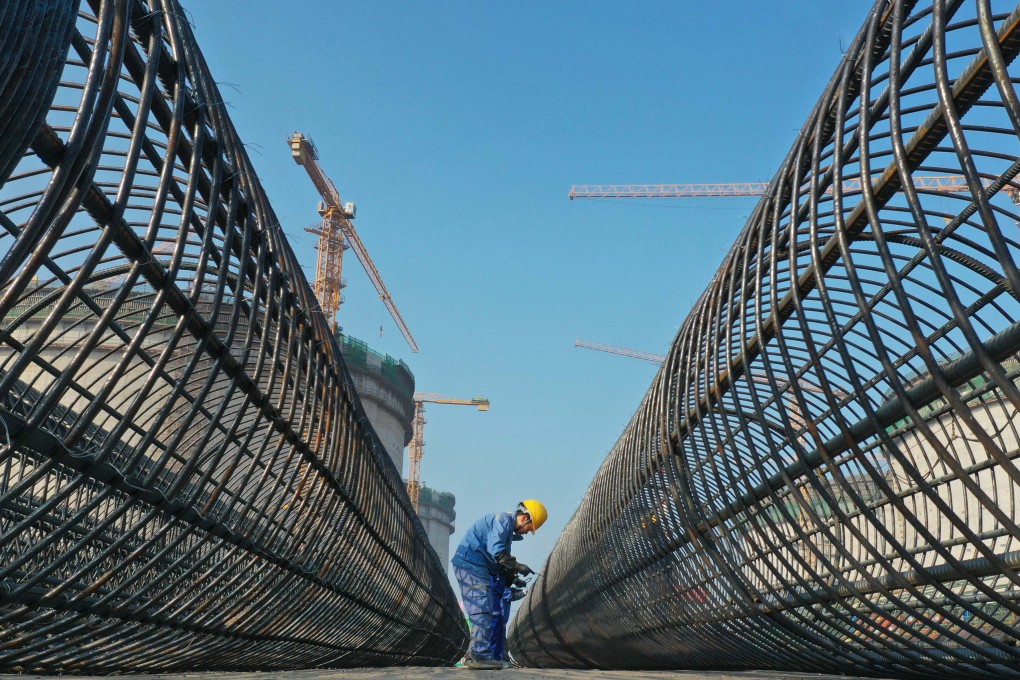Eye on Asia | Asia’s investment in natural gas to wean off fossil fuels is a false solution
- The latest IPCC report leaves no doubt that we must end our dependency on fossil fuels, so why is money being poured into natural gas projects in Asia?
- By switching from one fossil fuel to another, we are wasting the narrow window left to transition to renewables and avoid a catastrophic rise in global temperatures

Such false solutions jeopardise the narrowing window to implement proven measures that can help humanity avoid the catastrophic effects of a temperature increase above 1.5 degrees Celsuis, while balancing the need for social and economic development.
The most common refrain heard across the region is that gas can serve as a transitional fuel from coal, the most polluting of fossil fuels. But the argument that gas is “low carbon” is both dangerous and disingenuous, not least because the region has lined up more than US$350 billion worth of projects to expand liquefied natural gas terminals, gas-burning power plants and pipelines.
Switching from coal to gas will simply prolong dependence on fossil fuels far beyond what the planet can tolerate. Furthermore, it can take decades to recoup investments in these projects, creating additional resistance to the transition to renewables.
In 2020, Xi Jinping said China would aim for its carbon emissions to peak before 2030. If China means to meet this goal, it will need to quickly and drastically reduce its dependence on fossil fuels. New investments in fossil fuel infrastructure, then, are counter productive and financially risky. Price volatility is also likely to become a regular feature of global gas markets, exacerbating the economic downside of such investments.
